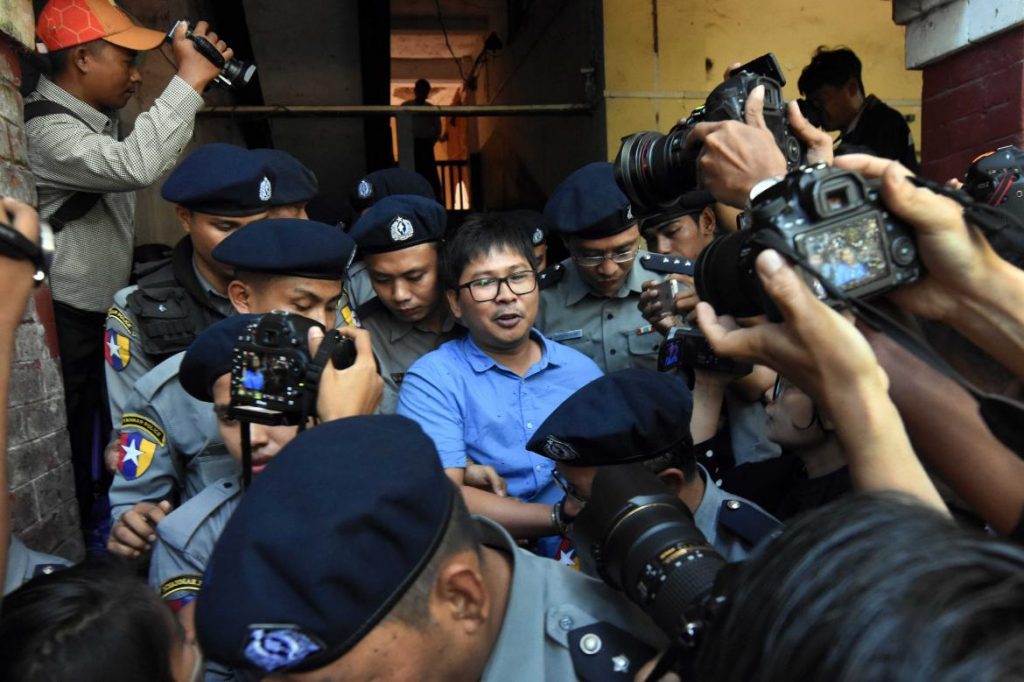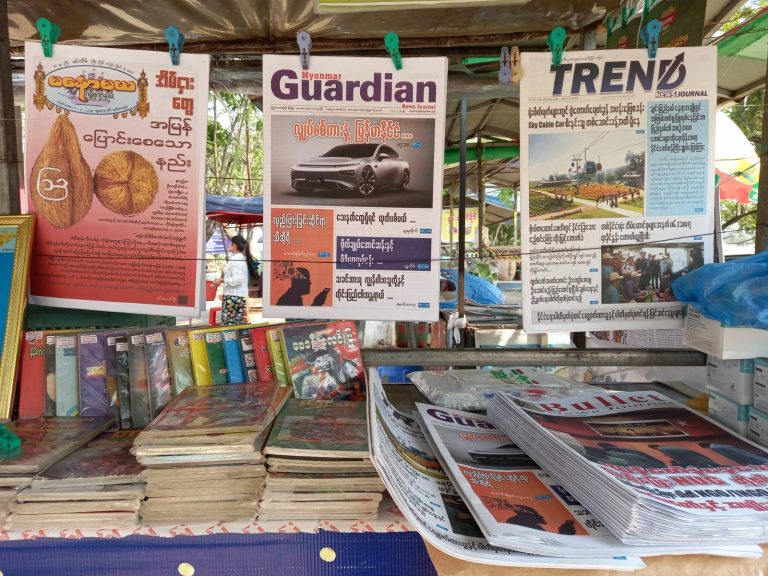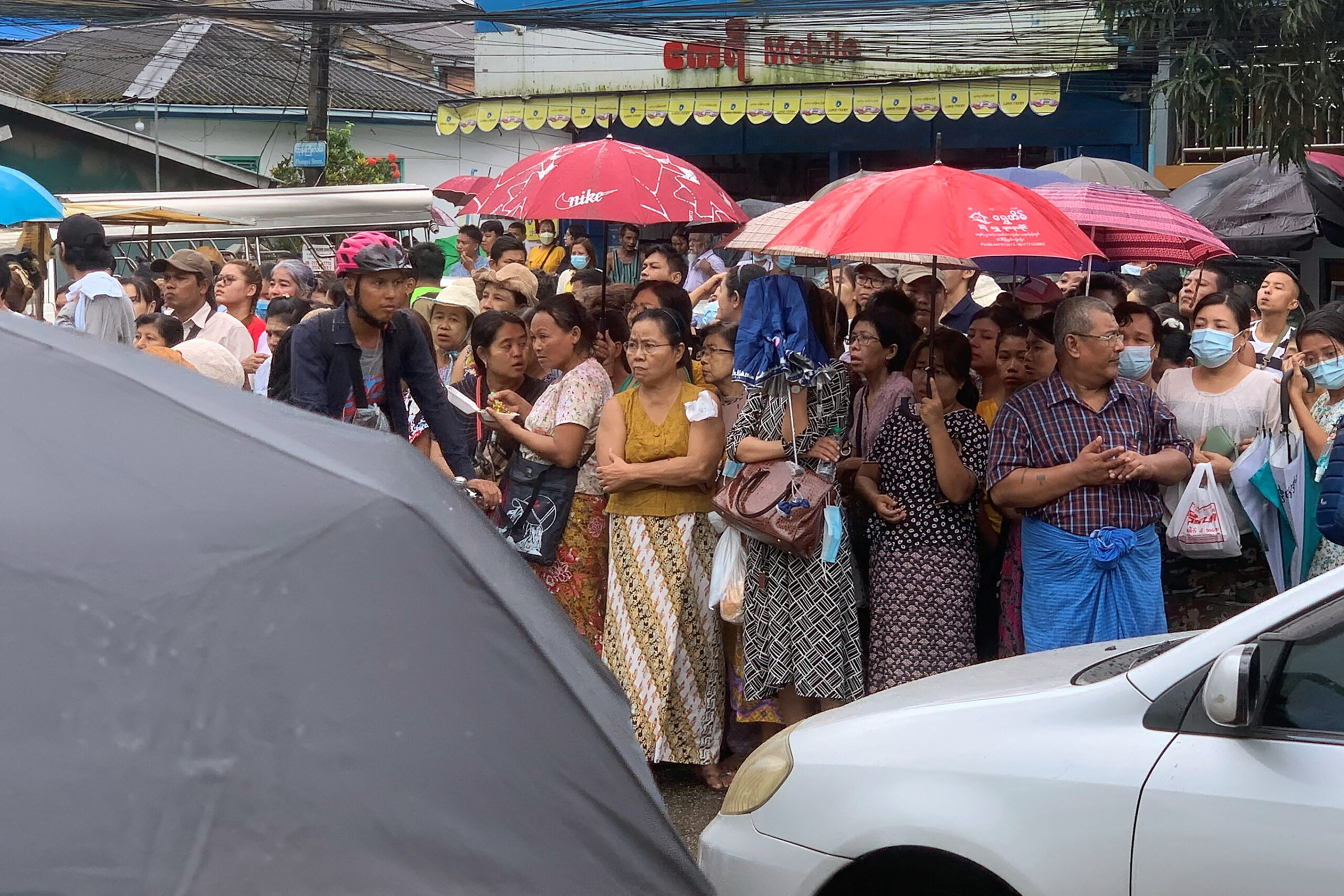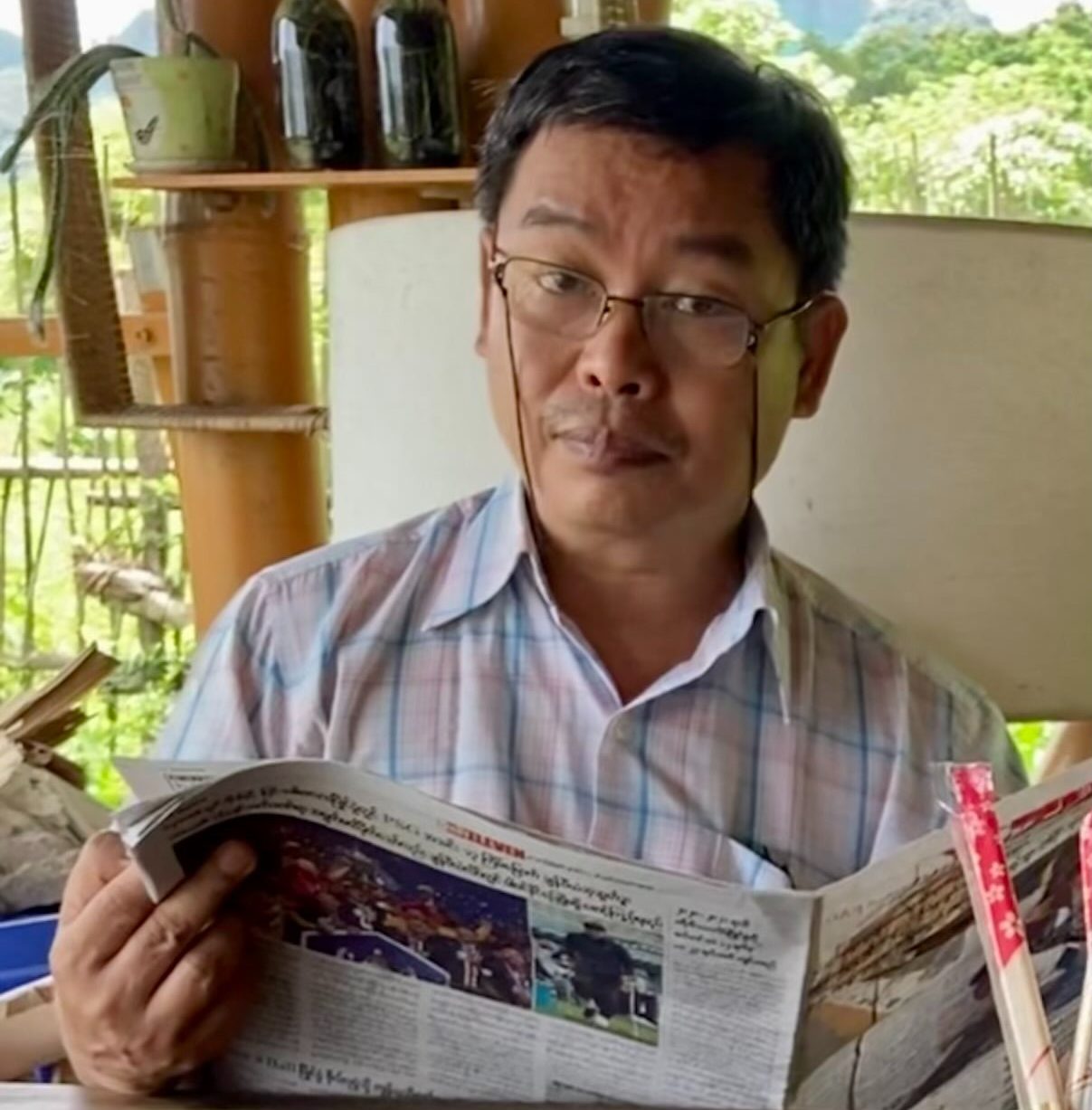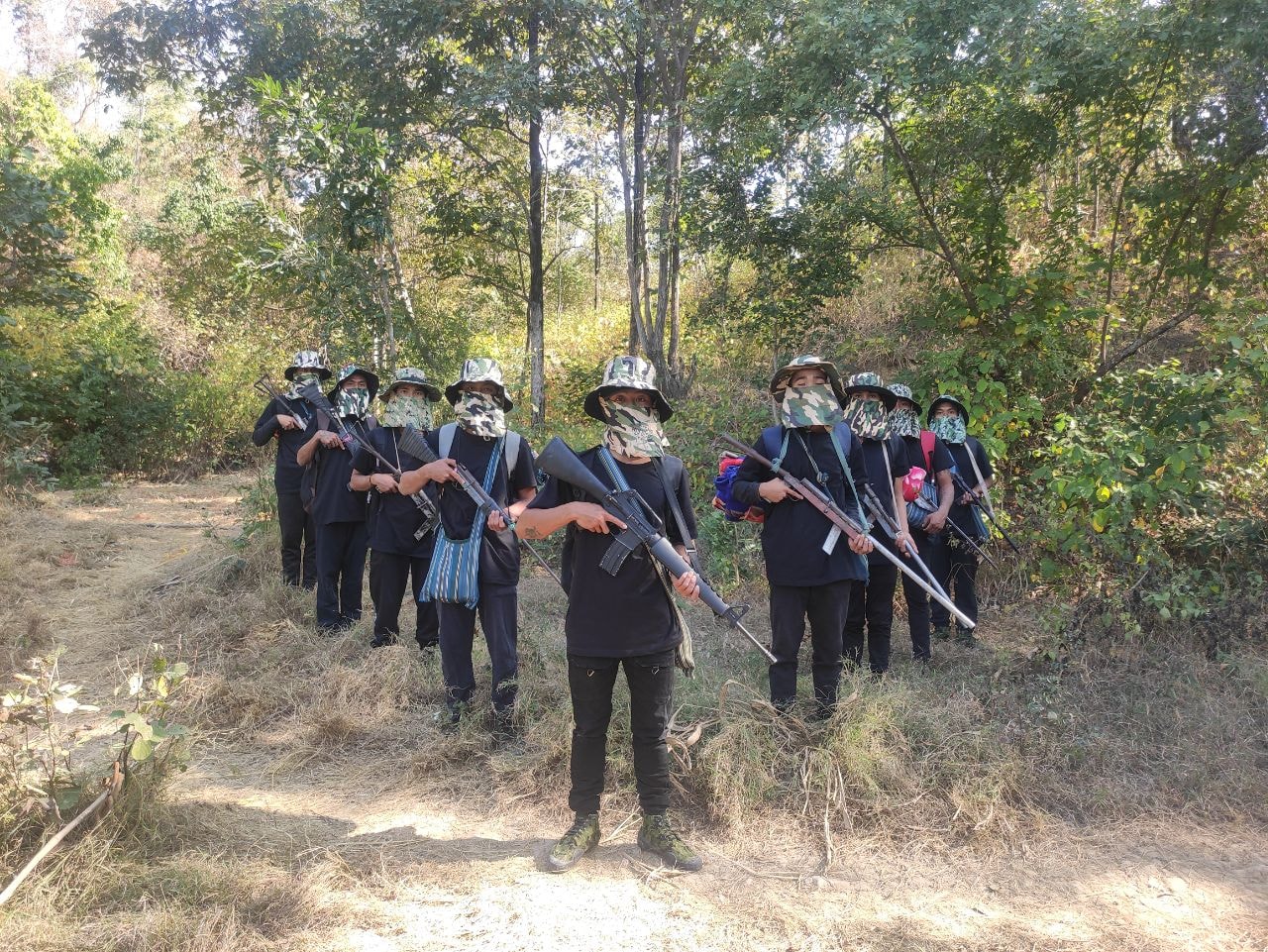Amid a crackdown on the media and freedom of expression, the danger level has risen not only for journalists but also those they work with.
By STELLA NAW | FRONTIER
THE ARREST in December of two Reuters reporters who were investigating the crisis in Rakhine State has highlighted the need to discuss the dangers faced by journalists and their on-the-ground sources. In order to do their jobs effectively, journalists rely heavily on local sources, who can provide useful contacts and information on under-reported local stories. Despite the threats of violent reprisals for speaking to the media, these brave people help journalists to expose the truth.
The images of Reuters journalists Ko Wa Lone and Ko Kyaw Soe Oo being escorted into a Yangon court in handcuffs on January 10 was a stark reminder that two Kachin Baptist Convention pastors are currently imprisoned for the “crime” of speaking to the media.
The pastors, Dumdaw Nawng Lat, 66, and Langjaw Gam Seng, 36, had helped journalists uncover a story that initially gained little attention: in November 2016, a Catholic church and civilian homes were destroyed by Myanmar Army strikes during clashes with ethnic armed groups in the town of Mong Ko, in Muse Township, northern Shan State. The intense fighting in the country’s north has displaced more than 120,000 people in Shan and Kachin states.
The KBC pastors – who themselves had been displaced by conflict – were arrested in December 2016 based on accusations made by a Tatmadaw officer, and charged with unlawful association and defamation. In October 2017, they were sentenced to 51 months and 27 months respectively, and remain behind bars.
Support more independent journalism like this. Sign up to be a Frontier member.
When international journalists are barred from accessing conflict areas, the burden of reporting falls on the local journalists who often rely heavily on local community members for the latest information.
“Planning our reporting trips begins with making phone calls to our local sources as well as getting the latest information on the ground from them,” said Ko Lawi Weng, a senior reporter from The Irrawaddy who was detained last year for reporting from conflict areas (the charges against him were dropped in July). “We decide to make trips often only with their agreement to help us in conflict zones. Our local contacts are so crucial to us. Without their help, no one would know what happened in war zones.”
Local sources on the ground face the largest risks and bear the greatest consequences. When they go missing or are arrested, it attracts little or no attention in the international media.
When I met Dumdaw Nawng Lat and Langjaw Gam Seng in late 2016, after they had been displaced by the war, they helped me learn about the conflict situation and the harsh reality faced by displaced people in the Mong Ko area. I was lucky enough to be able to leave, but they stayed behind. They were arrested three weeks later.
A source who closely followed the legal case of the two pastors said that the charges were related to them giving interviews to the media, including the Voice of America.
In the eyes of Myanmar’s military, local people such as Dumdaw Nawng Lat and Langjaw Gam Seng sharing sensitive information about the military’s bombing of a church is framed as “defaming” them in the “foreign media.” In the case of the Reuters journalists, their work investigating the crisis in Rakhine State, including alleged human rights abuses by army personnel, is framed as violating the colonial-era Official Secrets Act. What we are witnessing in Myanmar today is a systematic criminalisation of freedom of expression, with the aim of protecting the impunity currently enjoyed by the military.
The arrest of Wa Lone and Kyaw Soe Oo has rightly been met with international condemnation as a blatant attack on press freedom. Calls for their immediate release have come from all quarters – from domestic rights-based groups and the Myanmar Press Council to top UN officials and former US president Bill Clinton. As public support for the Reuters journalists grows, we must also remember the injustice faced by Dumdaw Nawng Lat and Langjaw Gam Seng and demand their immediate release as well.


